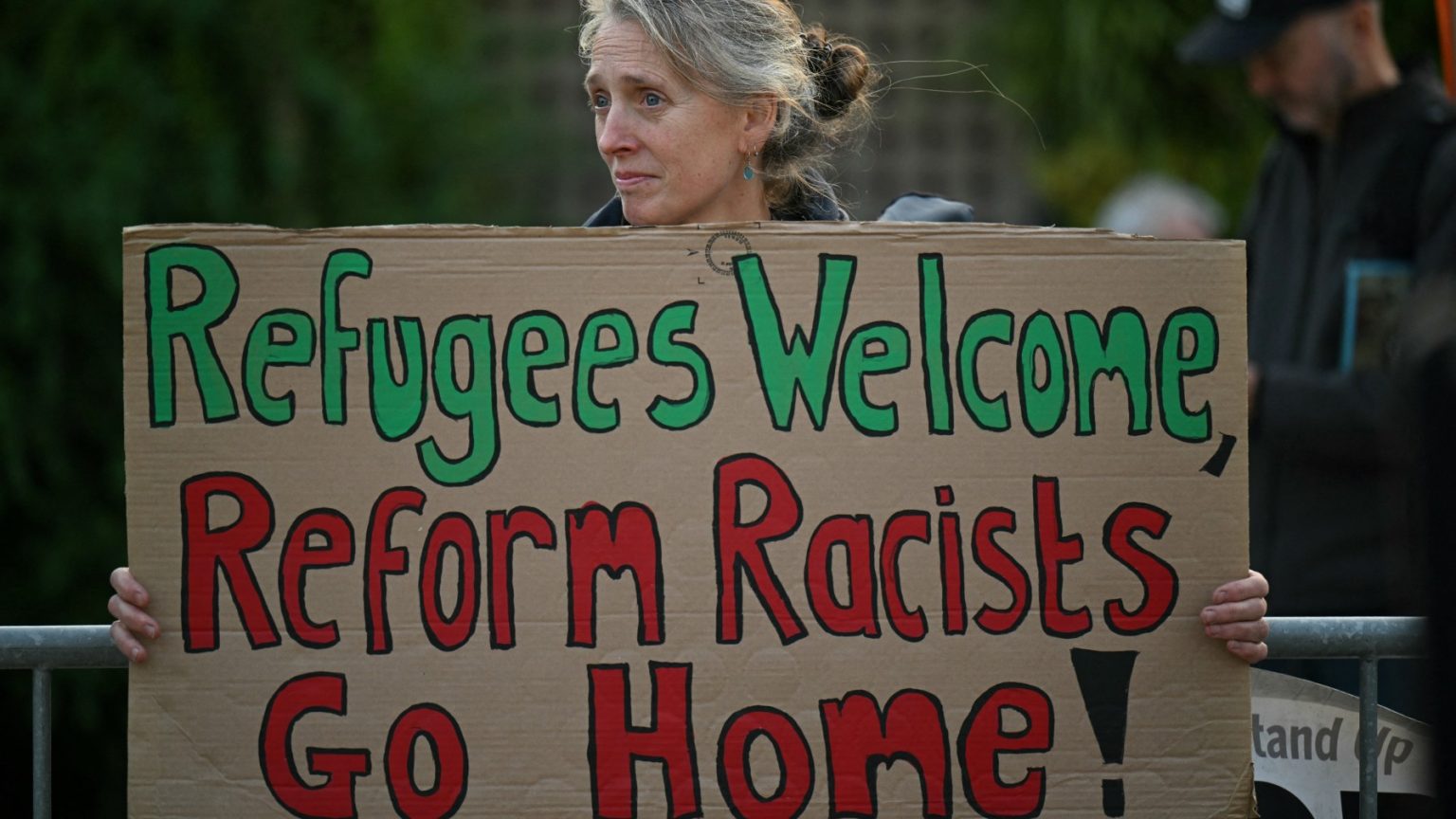The recent unveiling of Home Secretary Shabana Mahmood’s asylum reforms in the UK has sparked considerable debate, particularly given her explicit acknowledgement of drawing inspiration from Denmark’s controversial refugee policies. For months, the UK has witnessed escalating protests against the housing of asylum seekers, creating a politically charged atmosphere. This move towards a Danish model raises critical questions about the direction of UK immigration policy and the ethical implications of adopting what many consider to be increasingly harsh and discriminatory practices. Understanding the context of Denmark’s approach is crucial to assessing the potential impact of these reforms.
Denmark’s Paradoxical Approach to Welfare and Immigration
Denmark enjoys a global reputation as a progressive, egalitarian social democracy, consistently ranking high in measures of well-being and social justice. This image appeals to left-leaning and centrist perspectives. However, simultaneously, Denmark has implemented some of the most stringent and, according to critics, explicitly racist immigration and border controls in the developed world – a stance that resonates with the far-right. This apparent contradiction is not accidental, but rather the result of a deliberate and historically rooted shift in policy.
My research into the Danish welfare state reveals a long-term trajectory towards a racially stratified system. It’s a system designed to actively discourage, and even eliminate, what is termed “non-western” migration and asylum. This is achieved not only through restrictive border policies but also through significantly limiting the political participation of non-western residents, notably through Europe’s most demanding citizenship process.
The Erosion of Universal Welfare
The foundation of Denmark’s shift lies in the gradual erosion of the universality of its welfare state. Over time, welfare benefits have become increasingly framed as entitlements for “us” – the established Danish population – rather than “them” – newcomers, particularly those from the Global South. This framing has fueled a racialized moral panic surrounding immigration, especially from Muslim-majority countries. The practice of distinguishing between “western” and “non-western” residents in national statistics further solidified this racial logic within the political discourse.
From Guest Workers to “Ghetto” Policies: A Historical Overview
Denmark’s relationship with immigration began with “guest worker” programs in the 1960s and 70s, intended to address labor shortages. However, the economic downturn of 1973 led to a closure of these programs, with the expectation that guest workers would return home. This didn’t happen. Instead, migrant communities began to flourish in major Danish cities.
Subsequent waves of refugees arriving in the 1980s and 90s faced a changing labor market with fewer opportunities for unskilled work. Marginalization increased, particularly in public housing estates. The 1990s witnessed a pivotal shift: humanitarian protection for those fleeing conflict was increasingly replaced by rhetoric portraying Muslim migrants as “un-integratable” and associated with so-called “housing ghettos.” This narrative paved the way for increasingly nationalistic legislation and policies.
The Danish Paradigm Shift: Repatriation over Integration
In 2019, the Social Democratic government initiated a significant paradigm shift in asylum policy, prioritizing repatriation over integration. Prior to this, several policies were already in place to make life difficult for refugees, including the establishment of deportation centers – often repurposed prisons and military bases – for those whose asylum claims were rejected. These centers operate under strict police supervision, with curfews and restrictions on movement. Violations can even lead to imprisonment, effectively criminalizing the status of being a refugee.
Further measures included reducing the residency timeframe for refugee status reviews to two years and, controversially, becoming the first country to revoke refugee status from Syrians in 2021, claiming it was safe for them to return. While many of these decisions have been overturned by judicial review, the resulting fear and instability have had a profound impact on the lives of refugees.
Apartheid Employment and Dispersal Policies
The trend continued with policies implemented in 2025, requiring benefit recipients who have lived in the country for less than nine years and haven’t worked for at least two and a half years to work in order to receive their benefits. This creates a two-tiered system, effectively an apartheid employment system, disadvantaging non-western migrants and promoting a labor-for-benefits model rather than fair wages.
Furthermore, the “ghetto” policies, aimed at dispersing public housing with a majority of non-western residents, have disrupted established support networks and forced refugees into areas lacking the necessary infrastructure and social connections, hindering their settlement and integration. The stated goal – preventing “parallel societies” – is often viewed as a thinly veiled attempt to enforce cultural assimilation.
The UK’s Embrace of Racist Immigration Policies
The Labour government in the UK, seemingly responding to political pressures, is now emulating this Danish model. However, it’s crucial to note that the UK isn’t seeking to replicate Denmark’s universal welfare provisions – such as free higher education and affordable healthcare – which are also being eroded in Denmark itself. Instead, the focus is solely on adopting the dehumanizing and racist immigration legislation that characterizes the Danish approach.
The fast-track scheme for Ukrainian refugees, granting them immediate access to resources denied to those from the Global South, exemplifies this double standard. This shift exacerbates the marginalization and criminalization of refugees, restricting their access to essential benefits and creating a climate of fear and insecurity.
Ultimately, Denmark’s policies, and the UK’s adoption of them, represent a dangerous trend towards explicitly racist systems that make it increasingly difficult to challenge the dehumanization of racialized communities, particularly immigrants and Muslims. This is a trajectory that demands critical scrutiny and robust opposition.
This article highlights the concerning parallels between Denmark’s and the UK’s evolving asylum policies, urging a deeper understanding of the historical and ideological forces at play. Further research and open dialogue are essential to ensure a just and humane approach to immigration and refugee protection.
